
There's broad optimism for a rise in transactions this year, but some headwinds could slow the pace of deal activity, according to a new report from BRG.

There's broad optimism for a rise in transactions this year, but some headwinds could slow the pace of deal activity, according to a new report from BRG.
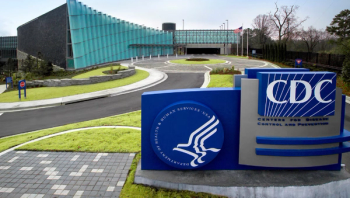
Tom Cotter, CEO of the Health Response Alliance, said the reductions could undermine efforts to track diseases and prepare for future pandemics. He’s worried about a preparedness program for hospitals.

The U.S. Department of Health & Human Services is reducing its workforce by 20,000 and merging divisions. Health leaders and some lawmakers say the moves will hurt public health and safety.

The U.S. Department of Health & Human Services says it will combine divisions and plans to close half of its regional offices. The department says it will save $1.8 billion.

The U.S. Department of Health & Human Services is taking back $11 billion it provided to state and local health departments. States are evaluating the impact of the cuts.

Hospital leaders say reduced state aid could force painful choices, especially as providers worry about less support from the federal government.
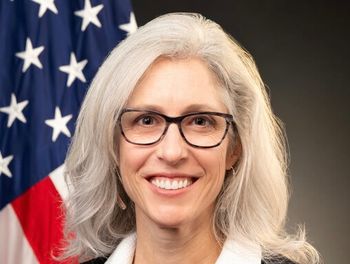
The president nominated Monarez after pulling his first choice, Dave Weldon, due to a lack of support. Advocates hope Monarez can be a voice for science.
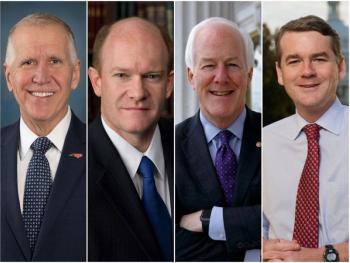
Hospitals have faced disruptions in supplies repeatedly in recent years. Lawmakers in Congress have introduced legislation to tackle the problems.
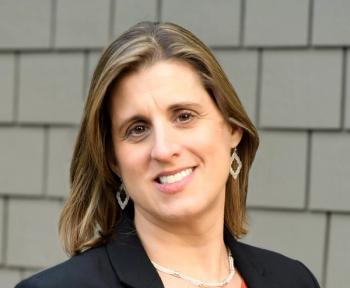
Potential reductions in funding could be devastating for families. Heather Sachs of the National Down Syndrome Congress talks about the impact and efforts to preserve Medicaid.

Union Health is still seeking to acquire Terre Haute Regional Hospital, but the plan continues to meet objections from federal regulators.
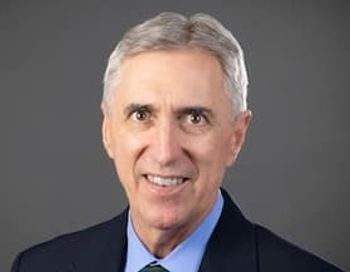
Fewer doctors are entering primary care and investments are insufficient. Ripley Hollister of The Physicians Foundation outlines the problems and remedies.

Congress agreed to a short-term spending package to preserve virtual care and hospital-at-home programs. Lawmakers didn’t reverse cuts in Medicare payments to physicians.
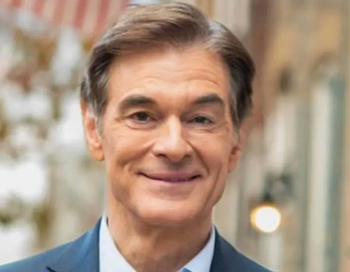
Mehmet Oz appeared before the Senate Finance Committee as he made his case to lead the Centers for Medicare & Medicaid Services.

The move came just before Weldon was to testify at a Senate health committee hearing on his nomination. Weldon faced scrutiny for his views on vaccines.

Crozer Health, owned by Prospect Medical Holdings, was on the cusp of closure. The state’s attorney general announced a deal to preserve two hospitals in the Philadelphia suburbs, but a long-term remedy is needed.

Scientists have debunked ties of autism to vaccines and say new research could undermine trust in vaccines. The study comes a month after Robert F. Kennedy Jr. took over the U.S. Health Department.

The American Medical Association is fuming over a new federal spending package that won't block Medicare reductions in payments to physicians.

Rural hospitals caring for communities in America’s heartland will be devastated by these cuts, writes Damond Boatwright, CEO of the Hospital Sisters Health System.
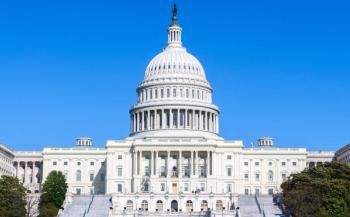
Major reductions in Medicaid could weaken revenues and potentially change the outlook for the sector, Fitch Ratings says. Hospitals have urged Congress and President Trump to preserve funding.

Healthcare leaders say they’re worried about reduced spending on science and health programs that support academic medical centers, universities and colleges.

Medicaid, which offers coverage to nearly 80 million Americans, has evolved far beyond basic care toward whole-person care. The program could use more entrepreneurs.

Northwell Health’s annual event sought to build common ground by avoiding partisanship and focusing on firearm deaths as a public health issue.

The House passed a budget plan which could lead to reductions in Medicaid. Hospitals have pressed lawmakers to preserve funding.

Health and research advocates warn that the Trump administration’s job cuts could affect the nation’s health.

Rural facilities are struggling to stay afloat and MA plans are making it harder, according to an analysis from the American Hospital Association.